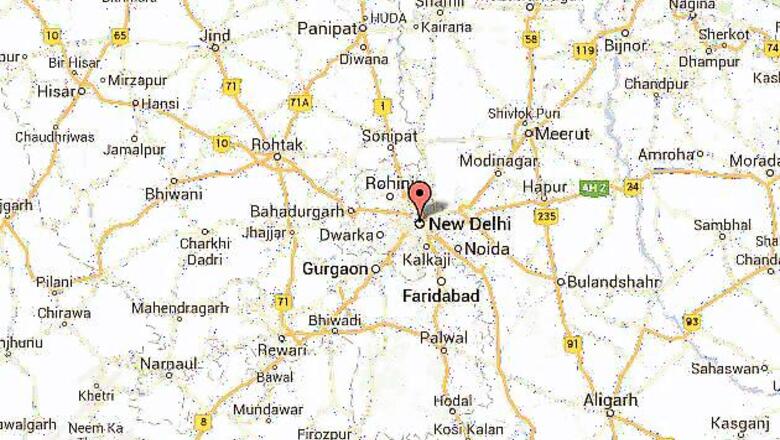
views
Government has notified the landmark food security legislation, giving a legal right on highly subsidised foodgrains to 67 per cent of the country's population.
The Lok Sabha had passed the Bill on August 26, while the Rajya Sabha gave its nod on September 2. President Pranab Mukherjee gave his assent to the Bill last week. "...it (the Act) shall be deemed to have come into force on July 5, 2013," the Gazette notification said.
The food law will provide food and nutritional security in human life cycle approach, by ensuring access to adequate quantity of quality food at affordable prices to people to live a life with dignity, it added.
The Centre has convened a meeting of state food ministers and secretaries to discuss the rules and regulations for implementing the world's biggest programme to fight hunger.
The two-day meeting is scheduled from October 3. The new law, touted as a "game changer" by the ruling Congress and slammed by the Opposition as a "gimmick" before 2014 polls, guarantees 5 kg of rice, wheat and coarse cereals per month per person at Rs 3, Rs 2 and Re 1, respectively.
It also guarantees the right to receive food security allowance in case of non-supply of the entitled quantities of foodgrains and nutritional support to pregnant, lactating mothers and children to prevent malnutrition.
At Rs 1,30,000 crore government support, the food security programme will be the largest in the world. It will require 62 million tonne of foodgrains annually.
Women of 18 years of age or above will be considered as head of household for purpose of issue of ration cards. Delhi, Haryana and Uttarakhand have announced implementation of the provisions of the law.
Beneficiaries will be determined based on population estimates. State governments will prepare guidelines to identify priority households.
Every state government will not only put in place internal grievance redressal mechanism, including call centres and help lines, but also constitute a state food commission for monitoring and review of implementation of this act.
Local authorities will be responsible for proper implementation of the provisions of the law.

















Comments
0 comment